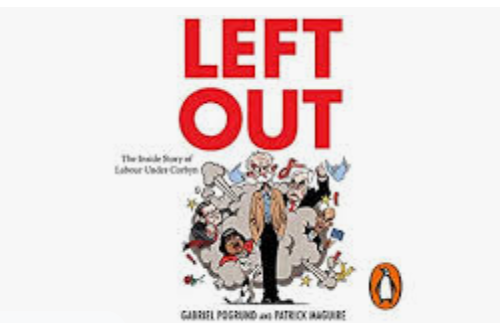I’ll start by admitting that I first became aware of Thomas Sankara, the late president of the west African country of Burkina Faso, from this post by Andy Newman at the Socialist Unity blog.
Sankara, an army captain, came to power in a 1983 coup. He was assassinated in a 1987 coup at the age of 38. Newman is among those who blame the French government for instigating the second coup. He (and apparently others on his wing of the Left) refer to Sankara as “Africa’s Che Guevara” and mean it as praise.
According to Newman:
Between 1983 and 1987, Sankara’s government prioritized fighting corruption, promoting reforestation, education and health and women’s rights and averting famine. It is important to recognise that the emphasis on reforestation makes Burkino Faso’s socialist government one of the world’s pioneers in promoting sustainability and defending the environment.
Sankana acted against the privileges of the tribal chiefs such as their right to receive tribute payment and obligatory labour. And Comités de Défense de la Révolution were formed as armed, popular organisations of the poor and labouring classes. The greatest gains were in the area of women’s rights, and his socialist government included a large number of women.
Wanting to learn a little more about Sankara, I watched a clip from an adulatory film about him that Newman posted. I probably shouldn’t have been, but I was a bit startled when the narrator, in the midst of his paean to the late president, intoned: “With the aim of creating a fairer state, he embarks on a drastic plan to ban unions and opposition parties.”
I quoted that in the comments to Newman’s post and asked why Sankara deserved admiration. Newman replied as follows:
Given that Sankara actually was overthrown by a French inspired coup, and throughout his reign there were attempts by imperialist governments to undermine the rule of his government, then some restriction of political liberty is such a siege situation is not unreasonable
In one of the poorest countiries in the world seeking to develop the productive forces to eliminate famine and dependency upon imported food was a progressive aim. It is not unusual for socialist governments to have a tension with trade unions, and to expect the trade unions to prioritise increasing production for the common good, trade unions who impede the advance towards greater equality may clash with the government.
Now I’ll be quick to admit that Newman probably knows far more than I do about Burkina Faso, Thomas Sankara, the history of Marxist and revolutionary movements in Africa, etc.– although I suspect his understanding of those things is largely shaped by his ideology. But I think his reply to my comment gets at a key difference between those on the Left (and I used to be among them) for whom it is a satisfactory explanation and those of us for whom it is simply no good at all.


